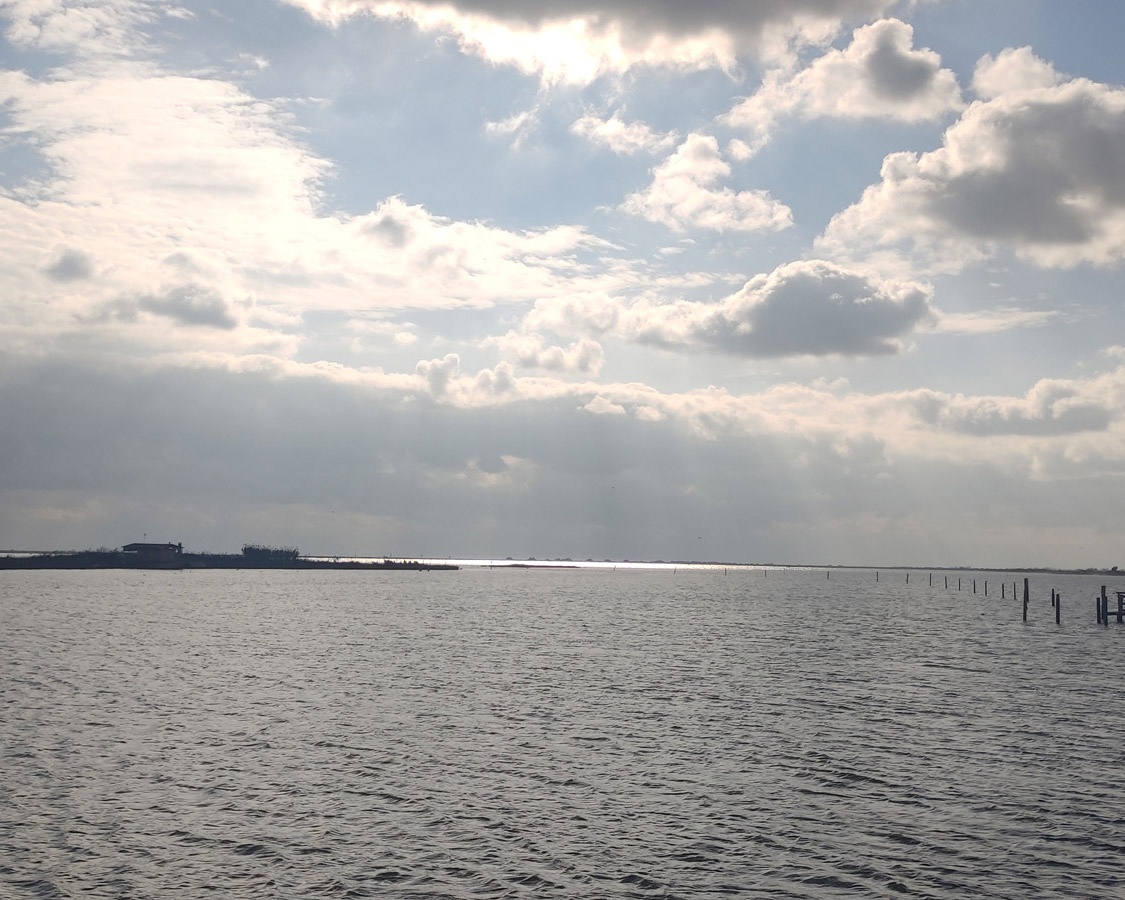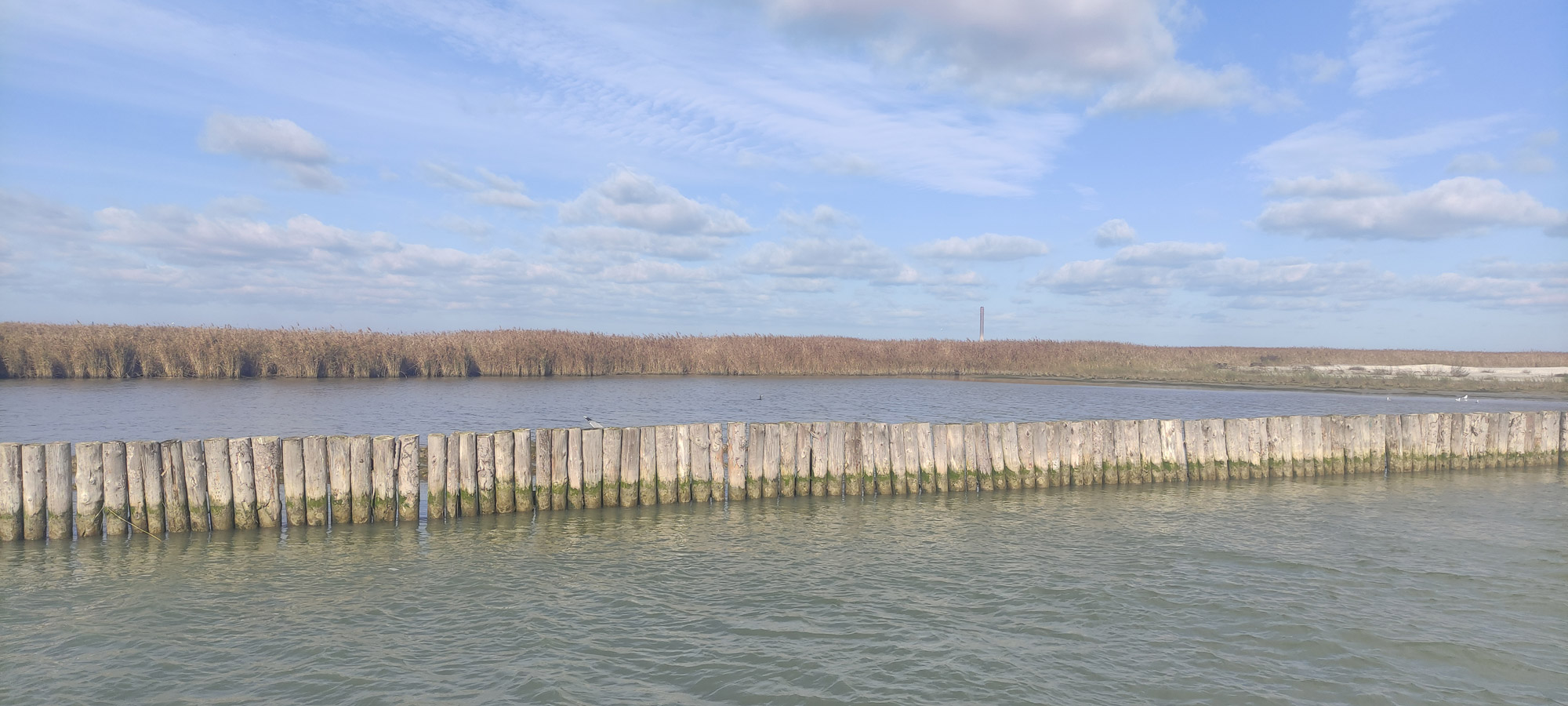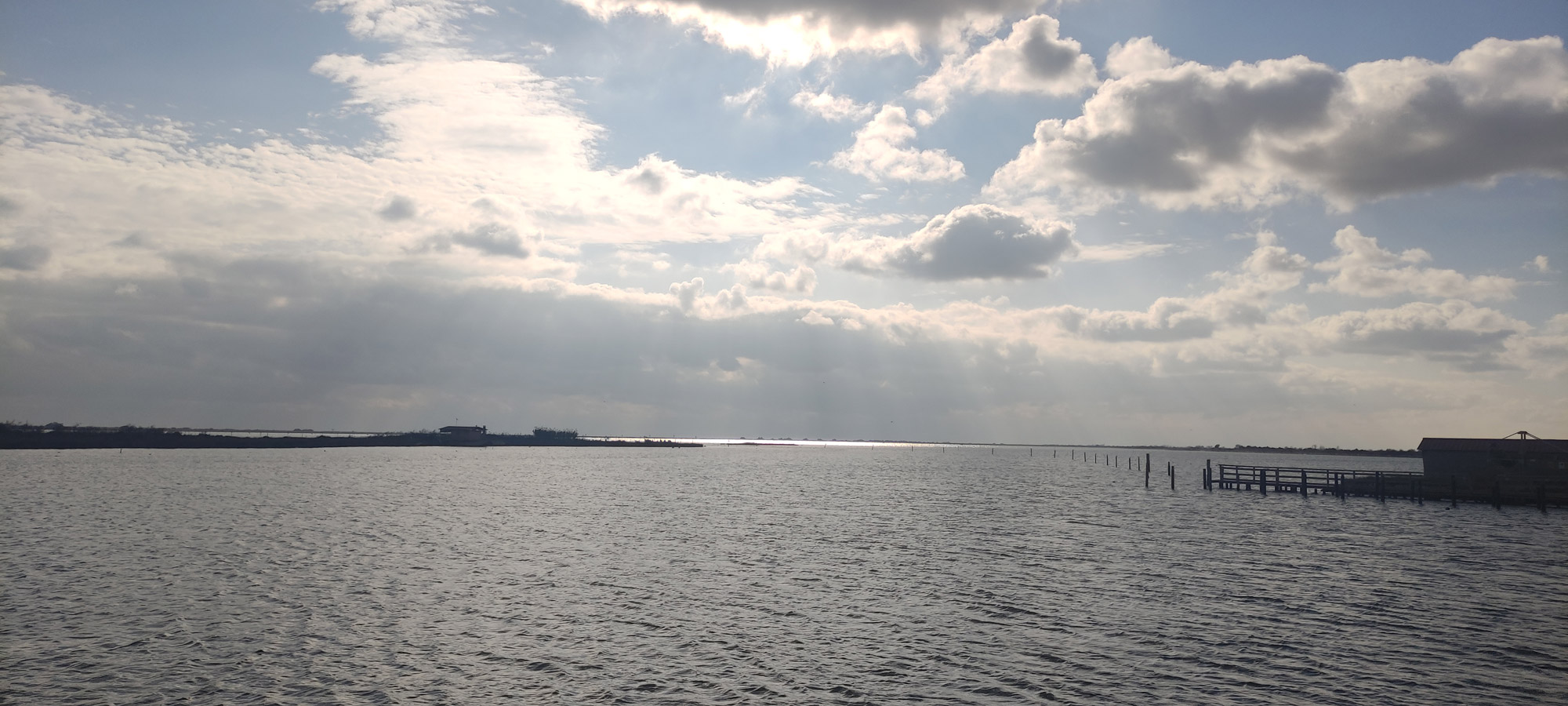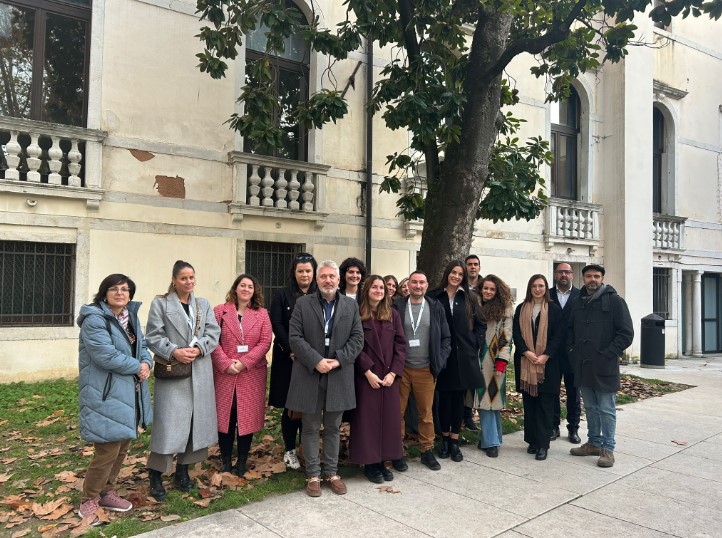As the year is coming to an end, the activities within the project CAMPUS – Climate Adaptation Plans for UNESCO Sites, co-financed by the INTERREG VI-A Italy–Croatia Cross-border Cooperation Programme 2021 – 2027, are intensifying. From 13 to 14 November, the second working meeting of the project partners took place in the beautiful city of Venice. The project includes sites in Italy (the city of Ferrara, the city of Monte Sant’Angelo and the Delta del Po Veneto Regional Nature Park as a UNESCO Man and the Biosphere Site) and in Croatia (Plitvice Lakes National Park, the city of Trogir and the city of Dubrovnik), with partners from Croatia; the Public Institution Development Agency of Lika-Senj County LIRA and the Regional Development Agency of Split-Dalmatia County RERA.
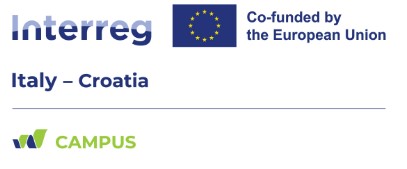
The main objective of the project is to identify the risks of climate change and the resilience of UNESCO sites, both cultural and natural heritage, by preparing climate change adaptation plans, developing guidelines for cross-border cooperation on climate change adaptation through conferences and workshops, designing and organising living labs, and developing tools for monitoring and testing systems for nature-based solutions, building restoration and lighting infrastructure at selected UNESCO sites.
Immediately after the start of the project in 2024, a first meeting with LIRA representatives took place in the Plitvice Lakes National Park in March, where we were introduced to the project activities, work packages and partners involved. Shortly afterwards, the collection of all relevant data on UNESCO sites for other partners and Plitvice Lakes National Park began with the aim of developing a matrix and entering the first key data for the methodology to assess the risk, vulnerability and exposure of sites to climate change. The main view and approach to the methodology was observed through attributes and defined forms associated with a unique universal value. For the Plitvice Lakes National Park, the unique universal value is described by the three criteria vii, viii and ix.
The first working meeting took place in the city of Ferrara (Italy), where we as an associated partner could not participate due to other commitments, but it was an important meeting to further define the direction of activities in the work package, to get to know partners and to exchange experiences.
The second working meeting, which took place in Venice, was important for planning and presenting the previous results of the methodology for developing the adaptation plan, planning future activities in the second work package and setting the next meetings in 2025. On the part of the Plitvice Lakes National Park, this meeting was also crucial because of the review of the initial input data matrix that we had previously prepared in the first data collection cycle, which determines the further direction of the methodology, so some suggestions and proposals were made for the inclusion of data that should contribute to the best possible adaptation plan. We expect that the activities within the CAMPUS project will continue in the coming months, and in 2025 the third working meeting will take place in the Plitvice Lakes National Park.
Climate change adaptation plans, especially with regard to the values of UNESCO sites, are an important contribution to the fight against climate change. A specific methodological approach that takes into account the physical, biological or geological components that contribute to the unique universal value by defining sensitivity, risk and resilience is also key to the adaptive management of this UNESCO site.

